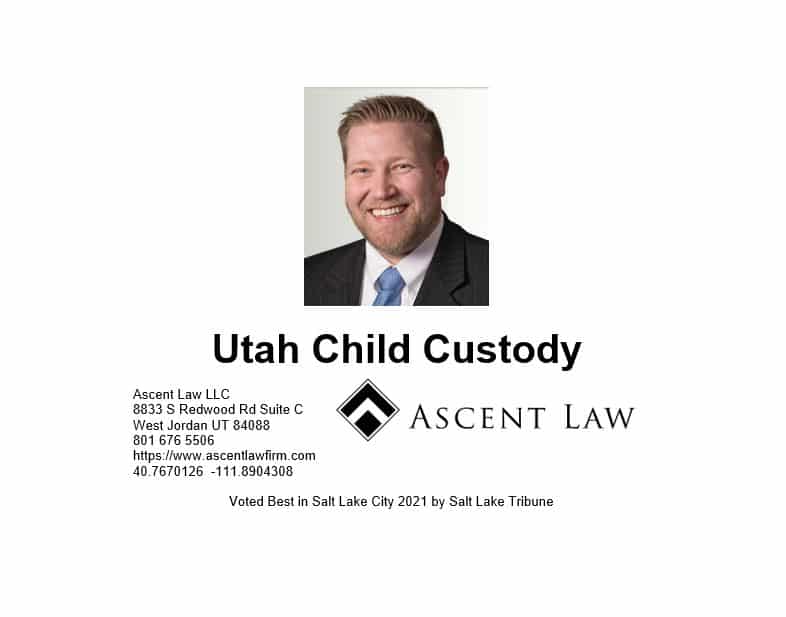
There are 3 main custody options after a divorce: custody with one parent, joint custody, and sole custody. Custody with one parent means that the child will live primarily with one parent while the other parent has visitation rights. Joint custody is where both parents share physical custody of the child by splitting up their time between homes. Sole custody is where one parent has primary physical custody of the child while the other only has visitation rights.
When deciding on a court order there are several things to consider: each individual case, how far away the parents live from each other, how much time it takes for the child to get to school, who the child’s friends are, etc. A lot of this can be decided during mediation so that there is not a lot of back and forth in court. In addition, there are different types of joint custody as well; if there is abuse involved then it is recommended that judges should not use joint custody arrangements because these situations are more likely to cause more fights between parents.
There are three custody options after a divorce: joint custody, sole custody and visitation. In joint custody, both parents have equal rights to make decisions about the child’s upbringing. In sole custody, one parent has full rights to make all decisions about the child’s upbringing. In visitation, one parent is allowed to make decisions about the child’s upbringing within a set schedule and with the approval of the other parent.
It is important to consider what living situation would be best for your child when deciding on a custody option. If you and your spouse can agree on who should have custody of your child, then this is probably the best choice for you and your family. However, if you cannot agree or if you do not want joint custody, then you may want to consider another option.
When the parents are getting divorced, they must decide who will take custody of the children. One of the custody options is to give the custody of the children to the grandparents or other relatives of either parent.
The reason why a parent might choose to give their children to a relative instead of keeping them is that they are not able to provide and care for their children properly. There have been cases where one of the parents is an alcoholic or drug addict, or has some other mental illness. Also there have been cases where one of the parents is abusive towards the child and another relative can provide a better environment for them.
Free Initial Consultation
It’s not a matter of if, it’s a matter of when. Legal problems come to everyone. Whether it’s your son who gets in a car wreck, your uncle who loses his job and needs to file for bankruptcy, your sister’s brother who’s getting divorced, or a grandparent that passes away without a will -all of us have legal issues and questions that arise. So when you have a law question, call Ascent Law for your free consultation (801) 676-5506. We want to help you!
8833 S. Redwood Road, Suite C
West Jordan, Utah
84088 United States
Telephone: (801) 676-5506
Recent Posts
Custody Battle After Divorce Is Final
Which Bankruptcy Is The Worst?
Can I File For Child Custody Without A Divorce?
What Happens To Property In Divorce?
What Does Joint Custody Mean In A Divorce?


